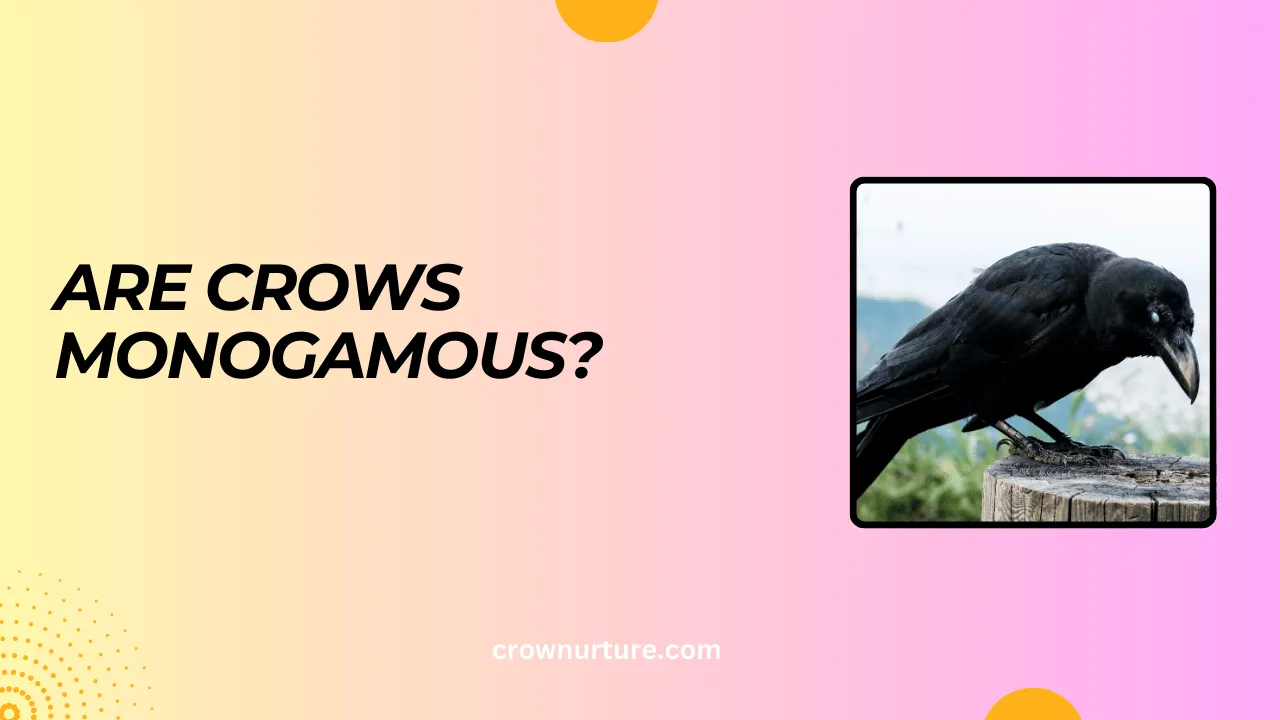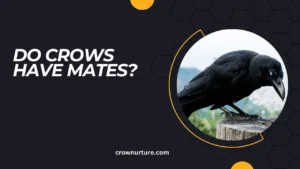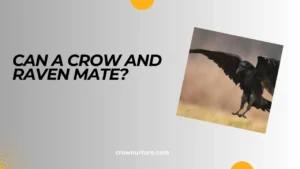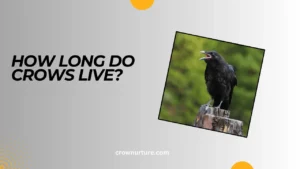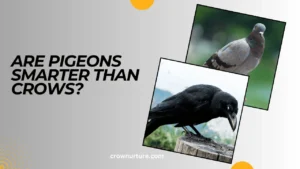Crows are often hailed as some of the most intelligent creatures in the animal kingdom, celebrated for their problem-solving skills and tight-knit social structures. But have you ever wondered about their love lives?
Do these fascinating birds stick to one mate for life, or is their mating system as intricate as their intellect? This question opens the door to a deeper understanding of crow behavior and the natural world.
For years, scientists have observed that crows are generally socially monogamous, meaning they form long-term pair bonds and work together to raise their young. However, the story doesn’t end there.
Studies have revealed instances of extra-pair copulations—essentially, crows stepping outside their pair bonds—which adds layers of complexity to their relationships.
Understanding whether crows are monogamous isn’t just a matter of curiosity; it offers insights into their survival strategies, family dynamics, and even the evolution of social behavior.
In this blog post, we’ll explore the fascinating nuances of crow relationships, from their loyalty to their occasional deviations, and why it all matters in the grand scheme of nature.
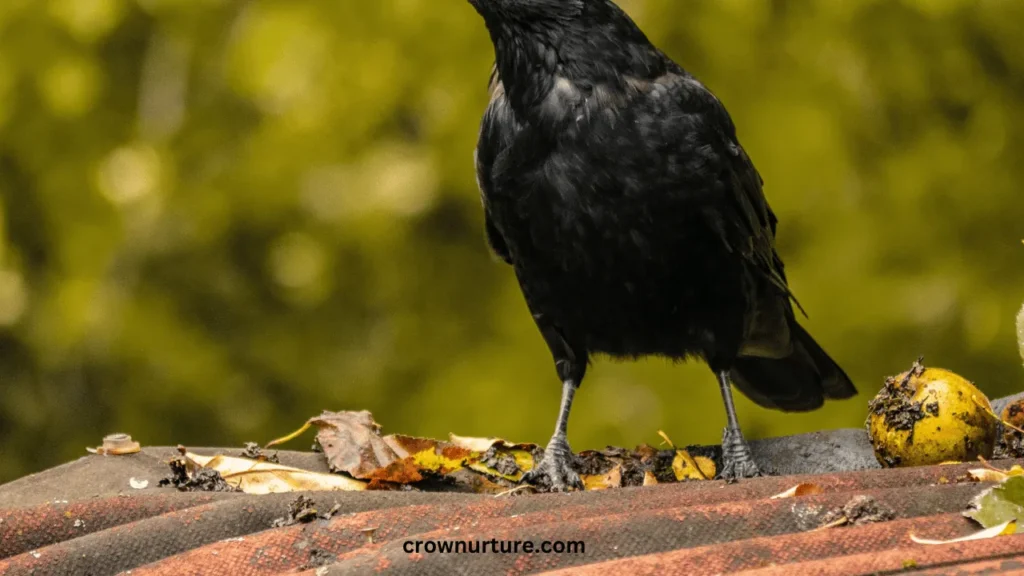
Contents
1. Social Monogamy in Crows
- Pair Bonding:
Crows are known for their strong pair bonds, with male and female pairs often working closely to build nests, incubate eggs, and feed their chicks. These partnerships are crucial for survival, as raising young requires significant effort. - Territorial Defense:
A bonded crow pair is fiercely protective of their territory, often defending it together against other crows or predators. This cooperation ensures the safety of their young and secures access to vital resources. - Cooperative Breeding:
In some cases, young crows from previous broods stick around to help their parents raise new offspring, a behavior known as cooperative breeding. This teamwork strengthens family bonds and increases the survival chances of future generations.
2. Evidence for Pair Bonding
- Long-Term Partnerships:
Studies show that many crow pairs stay together for multiple breeding seasons, sometimes even for life. This long-term commitment allows them to refine their teamwork and improve their reproductive success. - Mate Guarding:
Male crows often engage in mate guarding, staying close to their partners and displaying aggression toward potential rivals. This behavior helps ensure paternity by reducing opportunities for extra-pair mating. - Courtship Displays:
Crows engage in elaborate courtship behaviors, such as mutual preening, food sharing, and aerial displays. These rituals not only attract mates but also reinforce existing pair bonds.
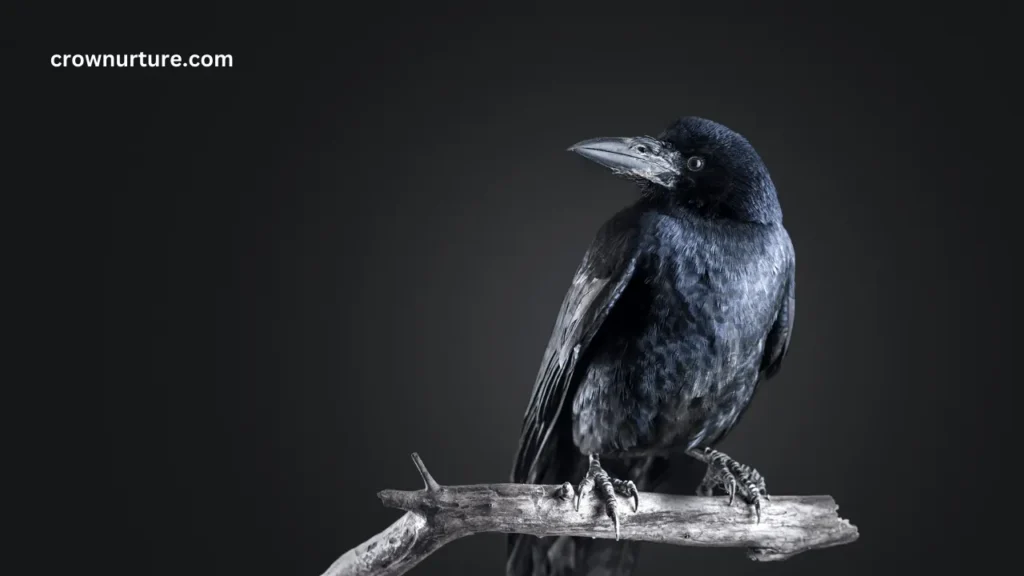
3. Extra-Pair Copulations
- Occurrence and Frequency:
While crows are socially monogamous, studies have documented extra-pair copulations in some populations. Though not the norm, these interactions suggest a more flexible mating system. - Potential Benefits:
Extra-pair copulations can increase genetic diversity, which may lead to stronger offspring. This strategy can be particularly advantageous in environments where survival is challenging. - Costs and Risks:
Deviating from a pair bond isn’t without risks. Extra-pair activities can lead to conflicts within a pair, potentially jeopardizing the bond and cooperation needed for raising young.
4. Evolutionary Significance
- Balancing Benefits and Costs:
The crow mating system appears to balance the benefits of loyal pair bonding with the occasional advantages of genetic diversity from extra-pair copulations. This flexibility likely enhances their adaptability. - Social and Ecological Factors:
Factors such as food availability and predator presence may influence the prevalence of extra-pair copulations. In resource-rich areas, the risks of deviating from monogamy might be outweighed by the potential rewards. - Comparative Insights:
Comparing crows to other corvids and socially monogamous birds reveals intriguing similarities and differences, providing a broader context for understanding their behavior.
5. Why It Matters
- Family Dynamics:
Understanding crow monogamy sheds light on their family structures and social interactions, which are key to their survival and reproductive success. - Adaptation and Survival:
The balance between monogamy and extra-pair interactions reflects the evolutionary pressures crows face, demonstrating their ability to adapt to changing environments. - Conservation Insights:
Studying crow behavior helps researchers identify ways to protect their populations and maintain ecological balance, given their role as scavengers and seed dispersers.
Conclusion
Crows are a testament to the complexity of nature, exhibiting behaviors that blend loyalty with flexibility. Their socially monogamous nature, paired with occasional deviations, highlights the intricate balance they strike between cooperation and genetic diversity.
From raising young as a team to defending their territory and occasionally seeking new genetic partners, their relationships are as multifaceted as their intellect.
Understanding these dynamics not only deepens our appreciation for crows but also underscores the importance of studying animal behavior in its many forms.
These insights can guide conservation efforts and inspire us to look closer at the natural world. As we learn more about the secrets of crow relationships, we’re reminded of the fascinating intricacies of life itself—and how much more there is to discover.
FAQs
1. Are crows truly monogamous?
Crows are generally socially monogamous, meaning they form long-term pair bonds. However, extra-pair copulations have been observed, suggesting a more complex mating system.
2. Do crows stay with the same mate for life?
Many crows maintain their pair bonds for multiple breeding seasons and sometimes for life, though this can vary based on environmental factors and individual circumstances.
3. Why do crows engage in extra-pair copulations?
Extra-pair copulations may increase genetic diversity and improve offspring survival, but they come with risks, such as conflicts within the pair.
4. What are courtship displays in crows?
Courtship behaviors include mutual preening, food sharing, and aerial displays, which strengthen pair bonds and attract mates.
5. How do crows raise their young?
Crows work cooperatively, with both parents sharing duties like nest building, incubation, and feeding chicks. In some cases, older offspring assist as well.
6. What is cooperative breeding?
In cooperative breeding, young from previous broods help their parents raise new chicks, improving the

